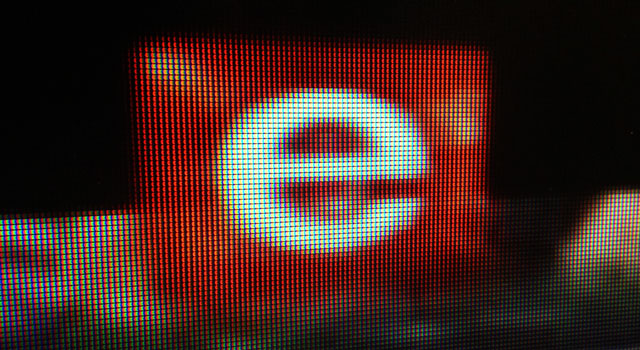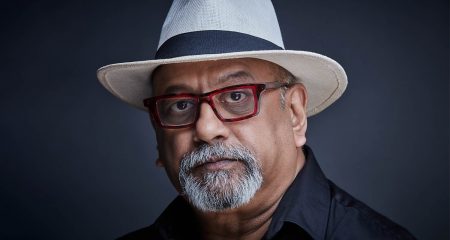
The lines “appeared to have been blurred” between a report on infrastructure development and advertising, broadcaster e.tv said on Thursday.
“Lines appear to have been blurred between an undertaking to report on infrastructure development in South Africa since 1994 and a commitment by economic development to spend advertising on the channel,” it said in a statement.
“The perception that the news was paid for is deeply regrettable and we wish to reassure our audiences that eNews remains an impartial and independent news outlet.”
It said Sabido, the owner of e.tv and eNCA, had initiated a review of the infrastructure series which aired on both channels earlier this year.
Sabido chief operating officer Mark Rosin said policies and procedures would be amended should this be necessary. “We are committed to editorial output that is truthful and transparent,” he said.
The infrastructure series had come under scrutiny following the resignation of chief executive of e.tv and eNCA, Marcel Golding, and chief operating officer Bronwyn Keene-Young.
Golding was suspended last month as HCI executive chairman. Golding appeaed against his suspension in the labour court and lost the application on Monday morning.
On Thursday, Hosken Consolidated Investments (HCI), which has a 63% stake in e.tv, said it was suspending Golding pending a disciplinary inquiry into allegations of gross misconduct.
According to eNCA, HCI accused Golding of an unauthorised share trade, saying he did not have board approval to acquire shares worth R24m in technology company Ellies.
Golding reportedly claimed he was being ousted in a battle for control of e.tv’s editorial independence.
HCI denied this, saying the issue was the unauthorised share trade. HCI director Barbara Hogan resigned at the same time, according to the report.
She reportedly cited the fact that a probe into the Ellies share transaction unfolded in an unprofessional way, and that major e.tv shareholder, the South African Clothing and Textile Workers’ Union, had issues with e.tv’s editorial policy.
In the statement on Thursday managing director of news Patrick Conroy said it was clear the news division should have been more directly involved in the discussions at the time.
“The news division was at all times operating independently. In our view the advertising placements were non-editorial and separate. We felt it had no impact on the stories we were telling and we were reassured that editorial [control] rested with us,” he said.
However, Conroy said it became clear that boundaries of editorial control were not clear to everyone involved.
“Despite this at no point did our editors surrender control.”
He said since then eNews had not entered into similar agreements.
“The exact nature of deals needs to be clear, especially where there may be a perception that paid advertising in one respect has a impact on editorial matters in another.
“This needs to be clear internally and in relation to third parties,” Conroy said. — Sapa




